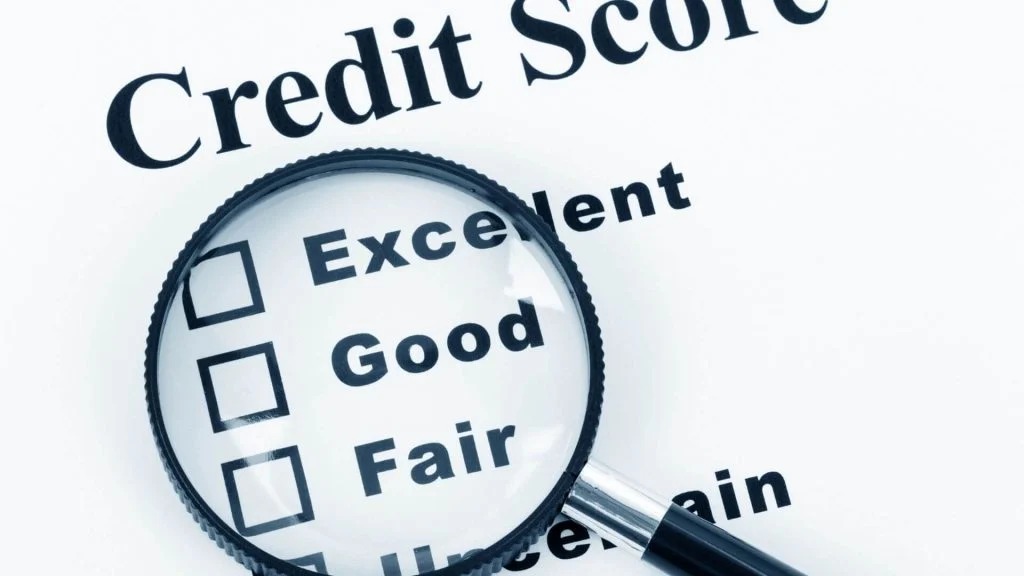
In short, if we are talking about a positive credit score, it means a good score. It is basically a number, but it involves three digits and it is calculated against information collected by a report that is made available on credit.
It is common for it to vary, around 300 and 850. For the FICO Score, for it to be good, it needs to range from 670 to 739. Now speaking of VantageScore, the range considered good goes from 661 to 780.
Understand what it is like to have a positive credit score
What we talked about above is basically a numerical rating, which you can take as a basis whether that person will pay off a debt. Having a positive and higher credit score shows that the risks of default are also lower.
It is common to use these scores when you want to evaluate someone’s ability to pay off certain debts on time. This is usually in cases where rent, mortgages, credit cards, loans, and others are paid on time.
It is used by lenders for evaluation conclusions, usually on loan designation, the limit for credit release, and even on taxes and interest. A score above 700 is seen as good. Over 800 is already excellent.
About FICO scoring and also VantageScore
Speaking of FICO scores, it is common for them to be used as a means for the company to offer them to lenders to use in a variety of ways. Most commonly, these scores help the auto industry as well as credit card issuers.
In FICO, to be seen as good, the range is usually between 670 and 739. But in cases of scores exclusive to the FICO sector, there is a range of 250 that can go up to 900. In the categories considered intermediate, scores of 670 to 739 are equal.
About VantageScore, in the beginning the scoring ranges were 501 through 990. Nowadays, the ones that have been mentioned recently, which are VantageScore 3.0 and also 4.0, are similar to FICO, ranging from 300 to 850. In the current models, in order to have a good range, it is from 661 to 780.
What can hit your credit score and why is it important that it stays good?
Many things can end up affecting, i.e. hurting, your credit score. Your payment history, credit-related usage, the length of your credit history, and even your bills, such as loans, mortgages, and credit cards themselves.
Be careful with debts and stick to paying them all off if you want your credit score to remain positive. It is important that you stay that way if you want both your personal and financial goals to be achieved more easily.
Stay away from anything that is detrimental to your financial health. We advise you to always pay your bills on time and be careful with extra and unnecessary expenses, especially on credit. It is always good to have a positive credit score, so that you can get everything you want without obstacles.



 Build Credit the Easy Way
Build Credit the Easy Way  Learn about the best companies to consider investing in the midst of an inflation boom
Learn about the best companies to consider investing in the midst of an inflation boom  How to improve credit for any financial circumstance
How to improve credit for any financial circumstance